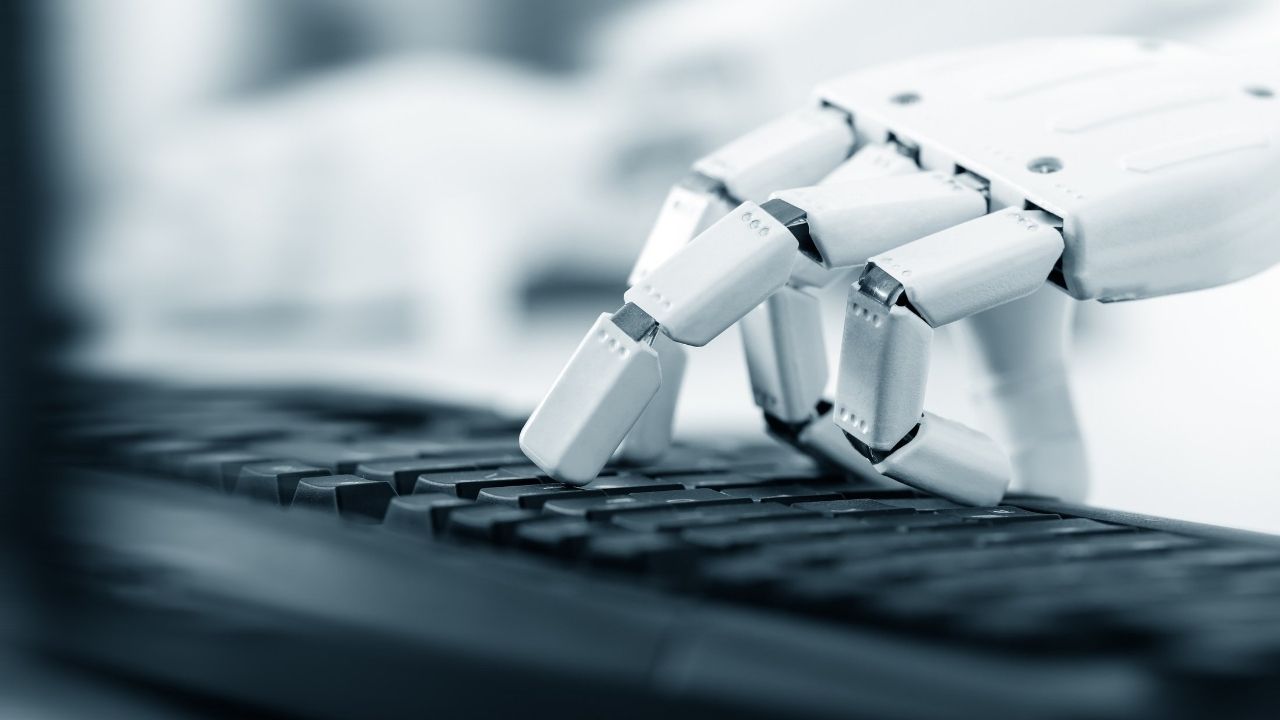Artificial intelligence continues to assimilate into every day work operations, taking over tasks that were once designated for humans.
However, the potential of AI outperforming humans has raised concerns from professionals.
While surveys show conflicting results as to whether this is a real possibility, it’s important for leaders to be prepared to coexist with this new technology. Without acknowledging these advancements, AI could have negative impacts on the workforce.
In April of 2020, an initiative called Positive AI Economic Futures hosted a series of workshops and interviews to discuss such challenges and laid out scenarios that could see AI having a positive impact on the workplace.
For one, AI may have the ability to spread economic prosperity to various parts of the world. For example, automation could regulate a global tax regime that would help enhance unemployment insurance.
Additionally, companies that utilize AI can play a role in bettering humanity without exercising excess power. This could be done by adjusting corporate ownership structures or antitrust legislation.
AI could also aid in creating new professions altogether, allowing people to exercise their creativity and innovation as they work alongside this technology.
Even better, AI can take over unfulfilling tasks, such as repetitive and menial work, and allow workers to focus on enhancing the human work environment and increase workers involvement in corporate policies.



 Dr. Gleb Tsipursky – The Office Whisperer
Dr. Gleb Tsipursky – The Office Whisperer Nirit Cohen – WorkFutures
Nirit Cohen – WorkFutures Angela Howard – Culture Expert
Angela Howard – Culture Expert Drew Jones – Design & Innovation
Drew Jones – Design & Innovation Jonathan Price – CRE & Flex Expert
Jonathan Price – CRE & Flex Expert












